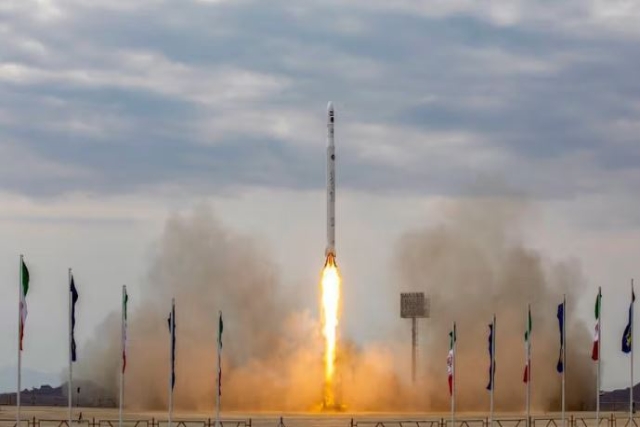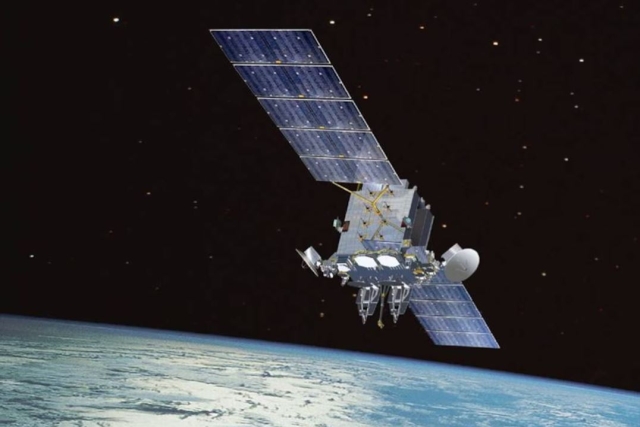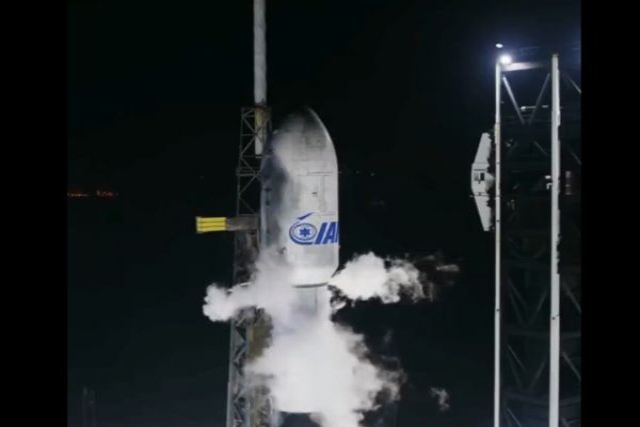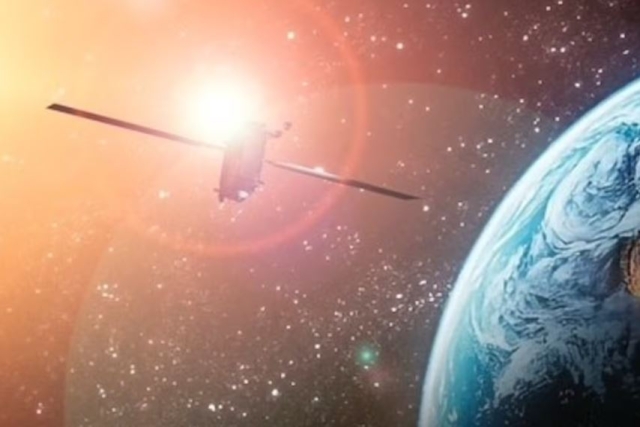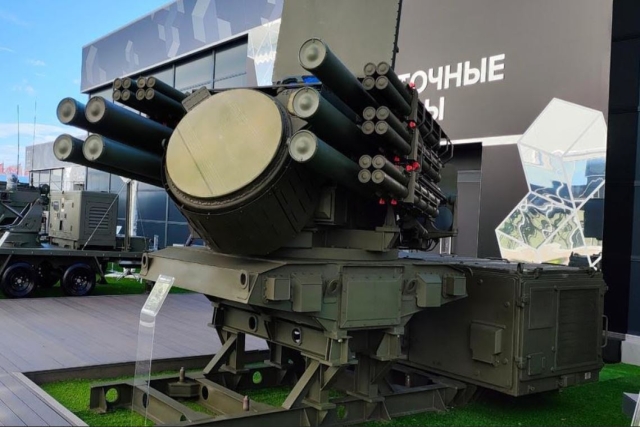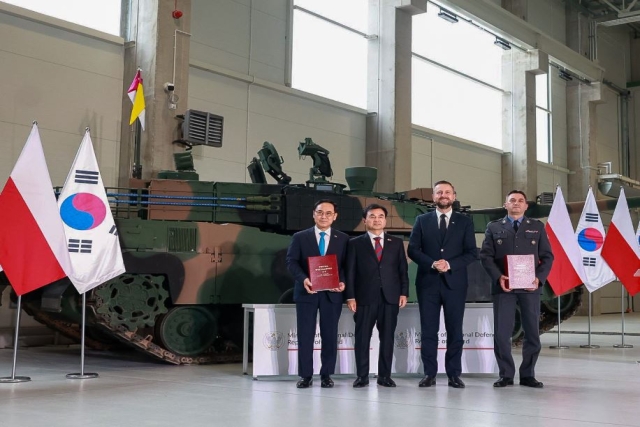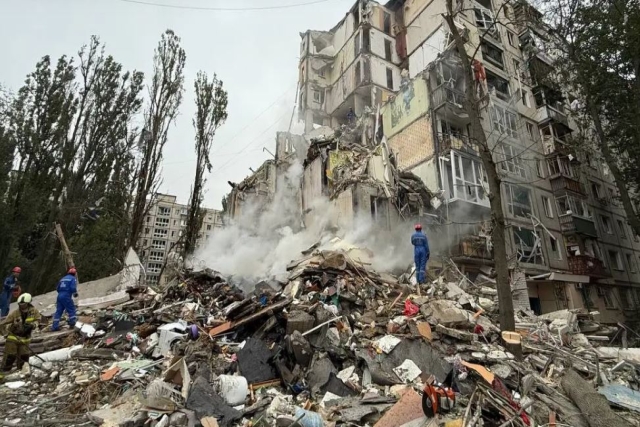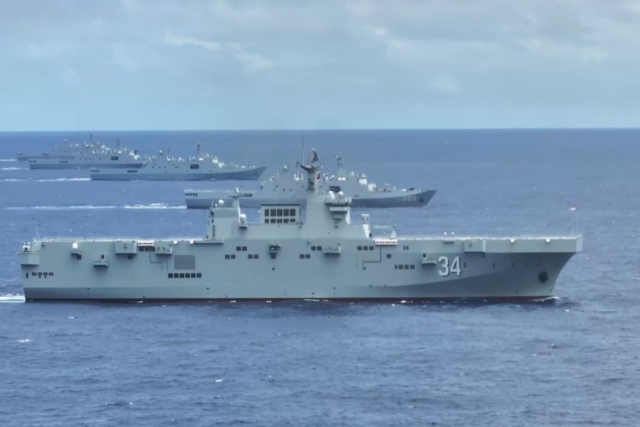Hanwha Aerospace Secures Exclusive Rights to South Korea’s Nuri Rocket Through 2032
Tech transfer from state-run KARI gives Hanwha full control of KSLV-II's design, production, and launch
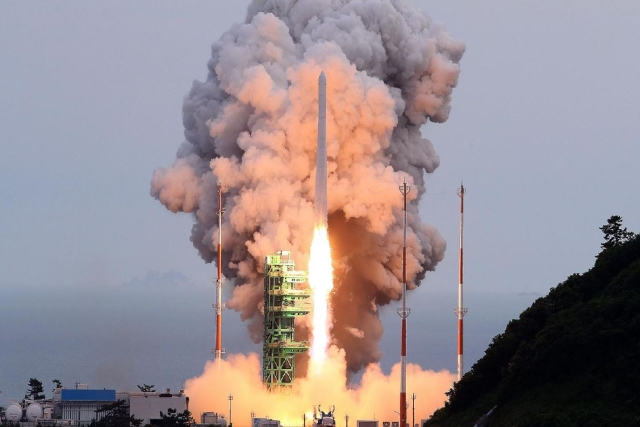
Hanwha Aerospace has signed a 24 billion-won ($17.5 million) technology transfer agreement with the state-funded Korea Aerospace Research Institute (KARI), securing exclusive rights to manufacture and launch South Korea’s KSLV-II, also known as Nuri, through 2032.
This marks the first time South Korea has transferred complete lifecycle technology for a launch vehicle—including design, production, and launch operations—to the private sector.
Developed from 2010 to 2023, the KSLV-II was led by KARI in partnership with over 300 private companies, including Hanwha. Its launch made South Korea the seventh country capable of placing a satellite into orbit using its own technology.
Hanwha will work closely with KARI on future launches to ensure transfer of operational expertise. However, the deal excludes technologies related to Nuri’s launchpad and propulsion test facilities.
The transfer is part of the government’s plan to shift space technologies into the private sector. The 24 billion-won price was based on KARI’s direct R&D investment and independently validated.
Hanwha sees the agreement as central to building a full-spectrum space industry value chain. Working with affiliates like Hanwha Systems and Satrec Initiative, the company aims to integrate launch services, satellite manufacturing, and space-based solutions.

